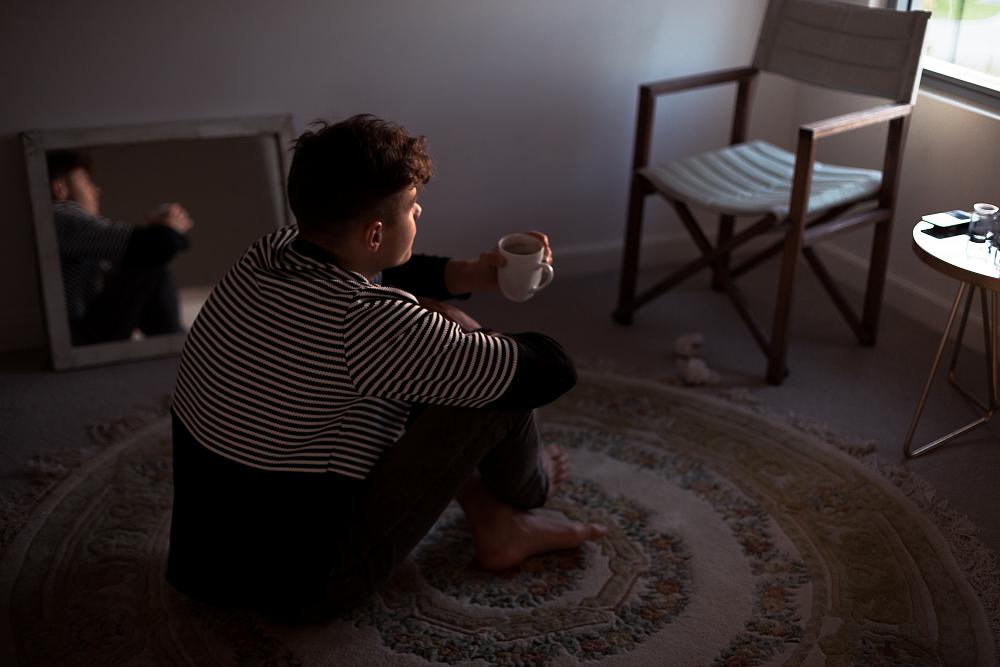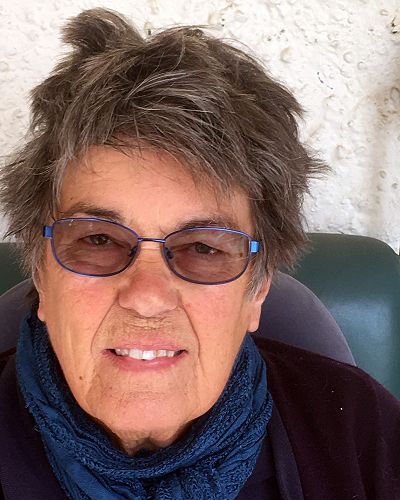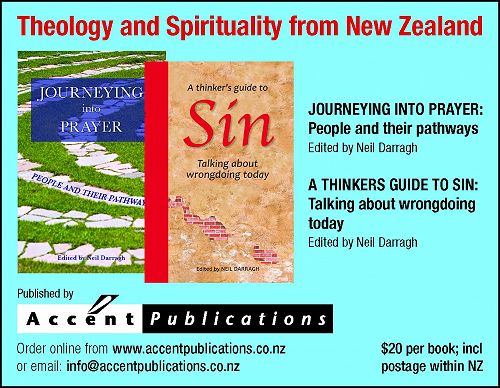
COMMENT: Lockdown Is Like a Retreat
Wendy Ward compares the opportunities of lockdown and those of a retreat.
I think that lockdown has many of the characteristics of a retreat.
Being on retreat usually means we go away a period of time to a monastery or quiet place to focus on our spiritual health. The underlying purpose is to reset how we are living and working. A retreat offers time out from our usual preoccupations of life. It is a chance to open our mind and heart to those things we often ignore or suppress because there are too many demands on our time to pay attention to them.
We choose to go on retreat, but lockdown was forced upon is — to keep our communities safe from COVID-19. But the lockdown and retreat have much in common. In both we have stepped into a world we thought we could control but discovered we could not. We could slow down, pause, reflect and ask questions of ourselves, our communities and our country. “Do I want to continue in the same way as before COVID-19?” Change is hard. Could lockdown be an opportunity to embrace some changes?
Although lockdown was an imposition, it is also an opportunity. Despite the undeniable awfulness of the pandemic, lockdown was an opportunity to step off our daily treadmill and ask what we think is truly, fundamentally important for our lives, our families, our communities, our country, our world.
There is no doubt that many of us were busy in our bubbles with children to home school and working from home. But when all was settled in the house and before we went to sleep, we may have relaxed and let our minds wander back over the day. We could be thankful for even the little things. We would have noticed the difficult events or interactions, forgiven ourselves and let them slide into peace. We could have faced the nagging worry, decided on a simple action to follow through the next day, then let it go too. We could let the evening sounds companion us.
Lockdown and retreat times dispense with our usual routine. In lockdown some of us may have worried because – unlike a retreat – we did not know when the lockdown would end, and others of us would have taken it one day at a time. We may have found that we grew more attuned to our senses. Although I'm familiar with the “more-pork, more-pork” call of the ruru, one night I heard an unfamiliar screech and discovered that “our” morepork/ruru has three calls, one of them a loud shriek indicating that it is awake and going hunting. I hadn’t noticed that call before – I know the morepork a little better now.
And that’s how it is at the end of a retreat: we know ourselves a little better. Something will have shifted and changed in our inner landscape. Just being away from certain problems may have changed our perspective and offered alternatives for action. Or being in a different environment may have given us the strength to make decisions that seemed impossible before.
It will be tempting after this experience of lockdown to try to return to “normal” life — exactly as it was before lockdown. But we’ve learned in lockdown that we can’t go back because some changes — personal, family and global — are too important to ignore. We may need reminders – maybe notes of things we discovered about ourselves and our lives. Our new resolutions can dissipate when the lockdown intensity is relieved, so we will need alliances with others to keep us motivated, informed and committed. We will certainly need to keep discussing the changes with our partners and families.
Whatever the myriad concerns in the aftermath of lockdown, being convinced of the opportunity and need for change can keep us focused on participating in creating a more just and sustainable future.
Wendy Ward is a retired clinical psychologist and retreat leader. She writes children’s books, poetry and a book about ecospirituality.
Tui Motu Magazine. Issue 248 May 2020
Gallery




